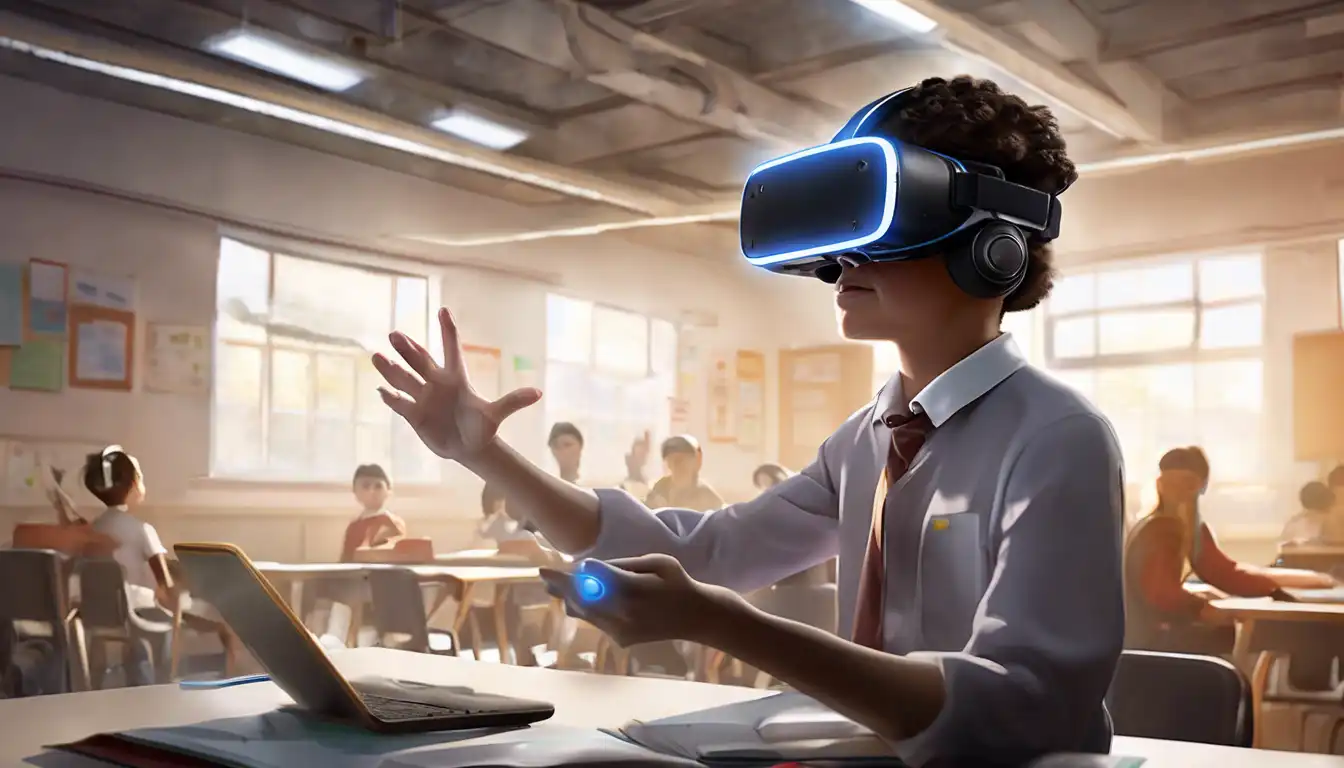The Transformative Impact of Virtual Reality on Learning and Skill Development
Virtual Reality (VR) technology has rapidly evolved from a futuristic concept into a practical tool with the potential to revolutionize education and training. By creating immersive, interactive environments, VR offers unparalleled opportunities for experiential learning, making it a game-changer in how knowledge is acquired and skills are developed.
Why VR in Education?
VR in education transcends traditional learning boundaries, offering students the chance to explore historical sites, dissect virtual cadavers, or even travel through the human bloodstream. This immersive experience enhances understanding and retention, making learning more engaging and effective.
VR in Professional Training
Beyond the classroom, VR is transforming professional training across industries. From healthcare to aviation, VR simulations provide safe, cost-effective environments for practicing complex procedures and scenarios, significantly reducing risks and costs associated with real-life training.
Benefits of VR in Learning and Training
- Enhanced Engagement: VR's interactive nature captures learners' attention, improving focus and motivation.
- Safe Learning Environment: High-risk professions can train in hazard-free virtual settings.
- Cost-Effective: Reduces the need for physical materials and travel for experiential learning.
- Accessible Learning: Makes education and training accessible to people regardless of geographical limitations.
Challenges and Considerations
Despite its potential, VR in education and training faces challenges, including high initial costs, the need for technical infrastructure, and the development of quality content. However, as technology advances and becomes more affordable, these barriers are gradually being overcome.
The Future of VR in Education and Training
The future of VR in education and training is bright, with ongoing advancements promising even more immersive and interactive learning experiences. As VR technology becomes more accessible, its adoption in schools and industries is expected to grow, paving the way for a new era of learning and skill development.
For more insights into how technology is shaping education, explore our articles on Technology in Education and The Future of Learning.
